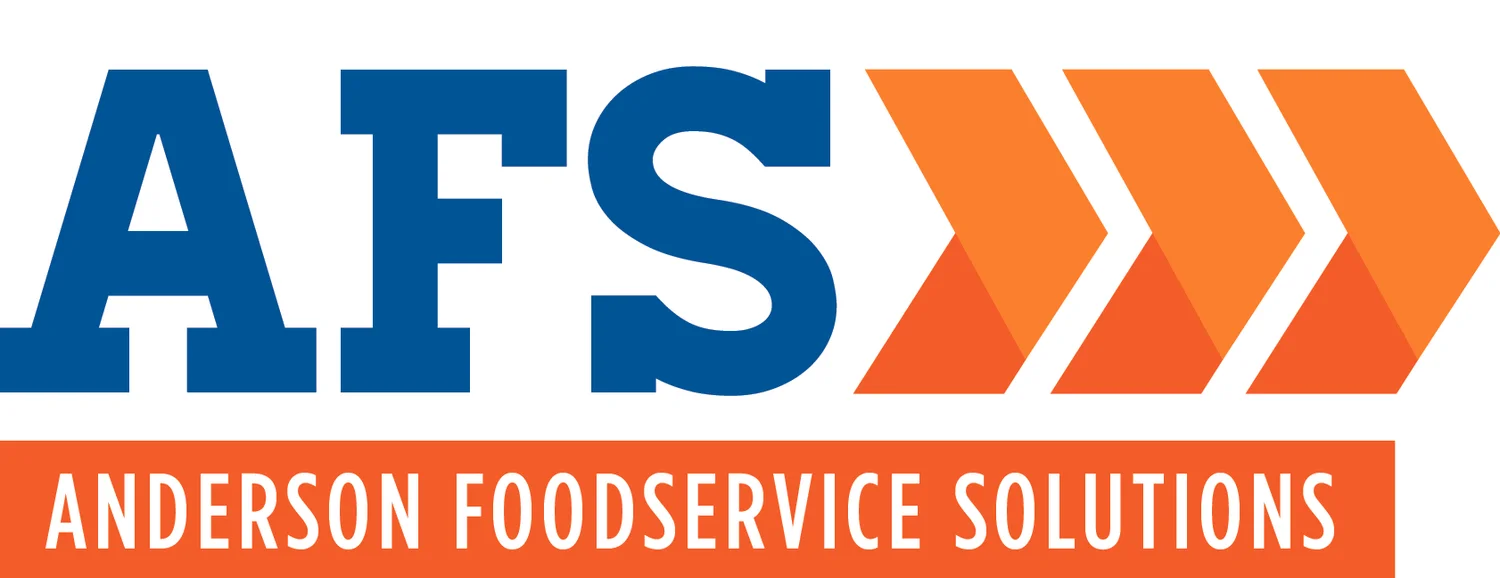Scratch cooking in your school kitchen may seem like a daunting task. And yes, it can be. But the benefits of scratch cooking, and the different methods and equipment available, make it easier and more cost effective than you might think.
Read more5 Tips to Keep School Kitchen Cooking Equipment Clean
By Vulcan Equipment
Kitchen cooking equipment in K-12 schools is subject to A LOT of wear and tear. You’re already off to a great start if you’re working with durable and efficient Vulcan equipment, including tilt skillets, braising pans, combi ovens, convection ovens, griddles, flat top grills, steamers, kettles, and range stovetops. High-quality stainless steel exteriors and components, embossed markings, simple cool-to-touch control panels and removable burners are intentional features that school kitchen staff find lasts for years of reliable operation.
However, there’s something else you can do to protect your kitchen equipment investment: Commit to proper care and cleaning. To that end, we’ve prepared this handy guide to cleaning your school cooking equipment.
BEST PRACTICES FOR CARE AND CLEANING SCHOOL COOKING EQUIPMENT
Frequency Matters
One of the most important rules of thumb for maintaining your cooking equipment is developing a continuous cleaning process. Adopting a proactive daily approach to cleaning prevents build-up from spillovers and food debris over time. This not only makes cleaning easier, but also facilitates optimal performance while reducing the risk of deferred and potentially costly maintenance needs.
Sanitize Second
And then there’s the safety aspect. Cleaning is a prerequisite to sanitizing food-contact surfaces. Heavy soils can decrease the efficacy of sanitizing chemicals. Governed by local health departments, school kitchens must adhere to the same guidelines as all restaurants and cooking establishments. Keeping up with effective routine cleaning every meal shift ensures compliance.
Think Wash, Not Scrape
The best part? Cleaning commercial cooking equipment is a simple process if done regularly. All it takes is softened water, a chloride-free detergent, and pressure—either from water spray or scrubbing with a cloth or sponge.
Avoid using abrasives like steel pads, wire brushes or scrapers, which can damage surfaces.
No Standing Water
Also, be sure to wipe off all standing water to mitigate unintentional chlorine exposure, mechanical abrasion, and hard water deposit build-up. These things can cause rust and corrosion—even to stainless steel.
All Hands On Deck
Finally, establish clear expectations for cleaning your commercial cooking equipment to make sure all members of your kitchen team are on the same page.
CLEANING + TRAINING = PREVENTATIVE MAINTENANCE
Cleaning and care of kitchen equipment truly starts at installation. Important details such as leveling surfaces, or completing a burn-off procedure help prevent food and grease from building up more quickly than is reasonable.
Even though schools often have dedicated maintenance staff capable of replacing existing equipment, we partnered with Hobart Service to provide you peace of mind with our Free New Equipment Checkout Program for newly installed Vulcan appliances at no additional cost. Yep, Free. Schools also benefit from the warranty period reset to start on the day of the Checkout. The appointment gives school maintenance staff assurance that technical power or fuel connection requirements are met, provides in-person training as a head start for preventative maintenance, and answers staff questions about cooking from the professional contacts who will be ready when service support is eventually needed.
Kitchen staff additionally prevent costly repairs or service issues by following cleaning best practices detailed in manufacturer operation manuals. For the convenience of the operator, Vulcan has started producing video instructions demonstrating the operation manual documentation. The videos are easily found on the Vulcan YouTube channel or per category in the Product Resources on vulcanequipment.com.
In general, training staff that basic cleaning practices can ease each cleaning session for every operator on any piece of equipment. It's easy to prevent buildup by wiping up spills and splatters as soon as they happen, and scheduling regular intervals of washing with clean water and detergent can preserve cooking performance efficiency and lessen wear and tear damage.
WHY CHOOSE VULCAN FOR YOUR SCHOOL COOKING EQUIPMENT?
Vulcan cooking equipment is designed with care, maintenance, and ease-of-use in mind. Easy-cleaning features include all-stainless steel exteriors (even on heated holding cabinets), coved corners on braising pans and steamers, rounded ellipsoidal bottoms on kettles, auto-cleaning and sprayable combi oven cavities, large diameter drain and dishwasher safe components like drip trays and oven doors.
And remember, routinely cleaning your K-12 kitchen cooking equipment not only supports efficient cooking operation, but also extends the life of your equipment. Follow these best practices to keep your Vulcan equipment performing its best for years to come.


